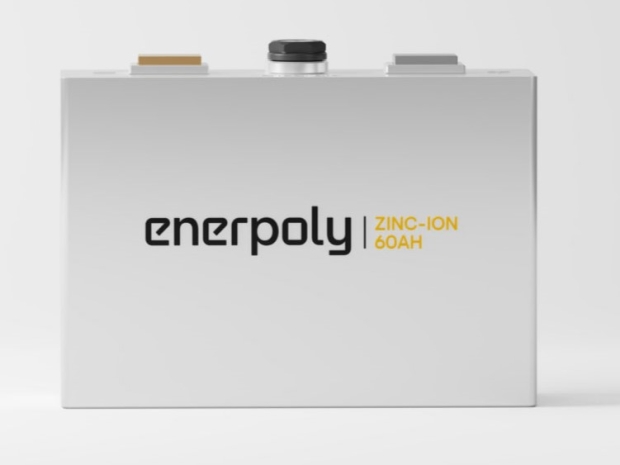In a press release, the company said that the megafactory will serve Europe's needs for safe energy storage and use an all-European supply chain.
Enerpoly said zinc-ion batteries had several advantages over lithium-ion batteries, which use a water-based electrolyte. They are non-flammable and reduce the risk of fires and explosions.
They are less expensive, as zinc is far more abundant than lithium (which is difficult and costly to extract) and easier to handle. They can also operate across a more comprehensive temperature range and require less maintenance, making them cheaper than lithium-ion options.
Zinc-ion batteries are more polar bear-friendly. Extracting lithium currently requires extensive mining and the use of massive evaporation ponds before processing begins.
The batteries are believed to last significantly longer. According to that well-known unbiased source, the International Zinc Association zinc-based batteries can last up to 20 years, while lithium batteries last about 12 years.
However, they have a lower energy density which rules them out for cars, but makes them ideal for load shifting and grid resilience.

